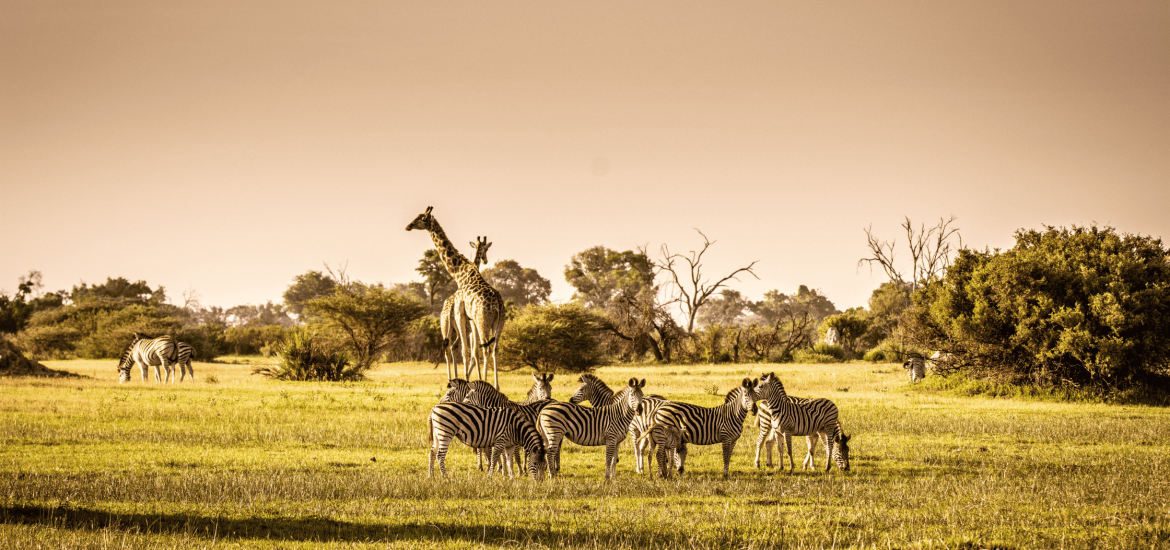
Thailand Repatriates 1,000 Endangered Animals to Madagascar
Thailand has successfully repatriated almost 1,000 critically endangered animals to Madagascar, marking a significant victory in the battle against wildlife trafficking. The repatriation, which includes a variety of highly endangered species, follows the seizure of over 1,100 animals during a major anti-trafficking operation in May 2024. This operation, conducted in Chumphon, a southern province of Thailand, uncovered a shocking number of animals, many of which were being trafficked illegally for the exotic pet trade.
Among the seized animals were spider tortoises, radiated tortoises, ring-tailed lemurs, and brown lemurs, all of which are listed as critically endangered under the Convention on International Trade in Endangered Species of Wild Fauna and Flora (CITES). These species are highly sought after in Asia, where they are often kept as exotic pets, despite the fact that replicating their natural habitats is extremely difficult and dangerous for the animals. Many of the animals seized in Thailand were in poor health, suffering from dehydration and malnutrition as a result of being smuggled across borders in inadequate conditions.
Of the 1,117 animals recovered, eight tragically died due to the harsh conditions they endured during their smuggling journey. The surviving animals, however, are now being sent back to their natural habitat in Madagascar, with a total of 961 animals set to be repatriated. Three flights, operated by Qatar Airways, will transport these animals starting on Saturday. This marks the largest repatriation of its kind between Thailand and Madagascar, according to Thai officials.
Dr. Chalermchai Sri-on, Thailand’s Minister of Natural Resources and Environment, highlighted the importance of this repatriation effort, stating that it demonstrates Thailand’s commitment to fighting illegal wildlife trafficking and prioritizing the welfare of the animals seized during such operations. The repatriation also serves as a reminder of the importance of international collaboration in the fight against wildlife crime, with the global community increasingly focused on preserving the world’s most endangered species.
Attapol Charoenchansa, director of Thailand’s Department of National Parks, Wildlife, and Plant Conservation, stressed that the repatriation is not just a symbolic gesture but a concrete action that would send a strong message to wildlife traffickers and those who seek to possess endangered species illegally. By publicly sharing the success of such operations, Thailand aims to raise global awareness about the illegal wildlife trade, reminding the public that trafficking in endangered species is both illegal and unethical.
International conservation organizations have also praised the operation. UK-based Traffic, which works to monitor wildlife trade, called the repatriation a powerful testament to the effectiveness of international cooperation in addressing the wildlife trafficking crisis. The organization’s 2023 report highlighted illegal timber and wildlife trade as one of the greatest threats to Madagascar’s unique biodiversity. Thailand, which has been identified as one of the largest importers of Madagascar’s wildlife in Southeast Asia, plays a crucial role in both the trafficking and re-exporting of these endangered species.
Between 1975 and 2019, nearly 35,000 animals or their products were exported from Madagascar to Thailand, both directly and indirectly. The trade in Madagascar’s unique species, including its famous lemurs and tortoises, has long been a source of concern for conservationists. The repatriation of nearly 1,000 animals to Madagascar is a positive step in reversing the damage caused by this illicit trade.
This repatriation effort highlights the growing importance of cross-border cooperation in protecting endangered species. By working together, governments and conservation organizations can help deter wildlife trafficking and provide a safe return for animals that have been taken from their natural habitats. The successful repatriation of these animals to Madagascar is a hopeful sign that efforts to combat illegal wildlife trade can have a tangible impact on the survival of some of the world’s most endangered species.








